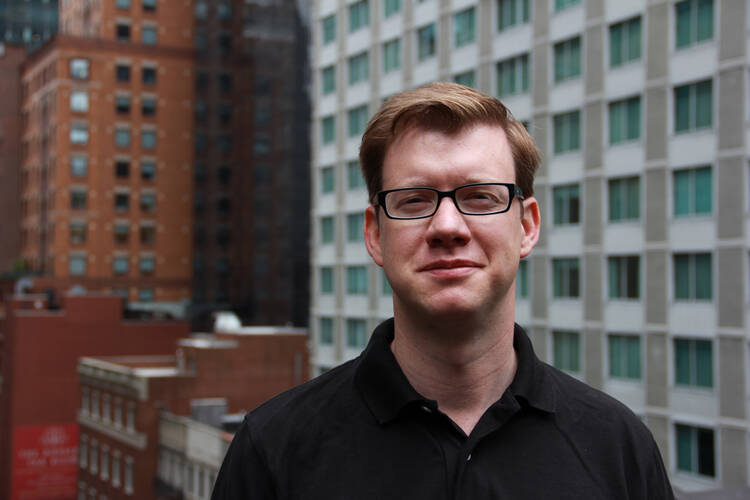It is not quite accurate to say I grew up with the films of Wes Anderson, but my evolution as a film fan has coincided roughly with his career as a director. His first movie, “Bottle Rocket” (1996), was one of the first films I purchased on DVD, and 18 years later, a new Wes Anderson film remains an event for me. I am happy to say that after drifting away from his films for a few years, I find myself re-engaged by his work, which strikes me as more mature, less precious than it once was.
Anderson has made eight full-length films, including this year’s “The Grand Budapest Hotel.” Like many of his fans, I was first drawn in by “Rushmore” (1998), his ode to growing up that struck just the right balance between cynical and sweet. The superb soundtrack helped sell it for me, but so did Anderson’s obvious affection for the minutiae of childhood. Max Fischer, the film’s protagonist, was a Peter Pan character of sorts, not quite ready to grow up but nonetheless enchanted by a pretty young teacher and the worldly charms of a local magnate played by Bill Murray. As a recent college graduate with siblings still in elementary school, I was a little attached to childhood too, and I quickly embraced the sensibility of this precocious young director.
I liked “Bottle Rocket” almost as much. Owen Wilson plays Dignan, a would-be crime boss whose elaborate robbery plans never turn out as he hopes. Like Max in “Rushmore,” he has grand ambitions, but he can never quite execute his vision. Yet he retains a child-like enthusiasm in the face of failure.
After two critical successes, more marquee actors signed up to be in Anderson’s films. Gene Hackman, Gwyneth Paltrow and Ben Stiller starred in “The Royal Tenenbaums” (2001). Meanwhile, the director’s style became more stylized, with fine attention to costumes and interior landscapes. His was an exquisitely embroidered world that started to feel farther from the world we live in.
At least it did for me. Anderson’s next two films followed the same approach, though the plots and locales grew more fanciful. “The Life Aquatic With Steve Zissou” (2004) told the story of a famous oceanographer and his family. “The Darjeeling Limited” (2007) followed three brothers on a train journey across India. The latter struck me as more childish than child-like, and I worried that Anderson was stuck in a state of suspended adolescence. At a time when I was dealing with more serious issues in my own life, his style and storytelling seemed insubstantial.
Ironically, it was a cartoon that brought me back into the fold. “Fantastic Mr. Fox” (2009) is a charming tale (told in stop motion animation) based on the book by Roald Dahl. By revisiting a classic children’s tale and imbuing it with his own brand of wry humor, Anderson seemed to be venturing into new territory. The story had an element of menace, too, which suggested that Anderson was interested in exploring darker themes.
A balance of wonder and fear characterizes all great children’s stories, and Anderson seemed to find that groove again in “Moonrise Kingdom” (2012), his widely praised seventh film. But it is “The Grand Budapest Hotel” that impressed me as his most ambitious film to date. In many ways it is a classic Anderson film. The usual suspects (Bill Murray, Owen Wilson, Adrien Brody) make an appearance. The setting—a mountain resort in a fictional eastern European country in the early half of the 20th century—allows Anderson to indulge his passion for the accoutrements of a pre-digital age. He lavishes his directorial gaze on train cars and the dandified outfits worn by the hotel’s maitre d’, played by Ralph Fiennes.
Yet you can’t make a film about eastern Europe in the 1930s without reckoning with the monsters on the horizon. So while “Grand Budapest” maintains Anderson’s idiosyncratic style, it takes surprising turns toward violence and ends on a tragic note. It hints at the horrors of the Holocaust while maintaining a sense of the absurd. You get the sense that Anderson is using all the arrows in his quiver to struggle with larger questions of history and the randomness of evil. He is not entirely successful, but it is good to see this gifted artist confront a few demons.
Welcome to our world, Peter Pan.








